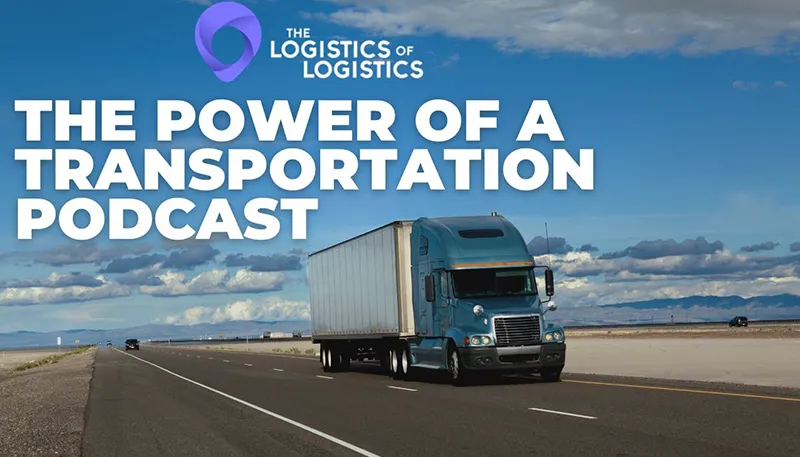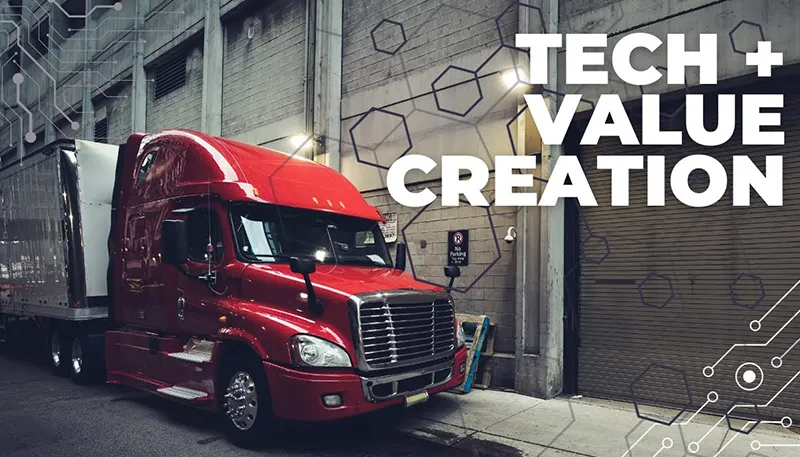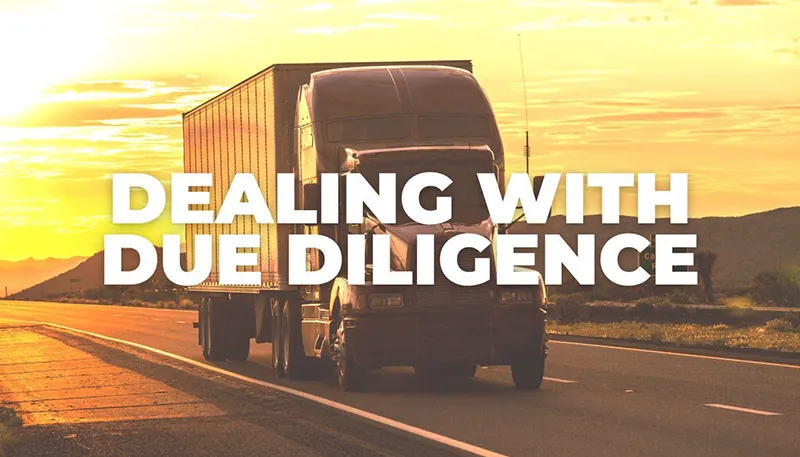Guest Columnist – Is an ESOP Right for Your Trucking Business? An Interview with Bill Prevost
Posted on February 23, 2017 by Spencer Tenney

How should you exit the trucking industry? One option business owners can consider is an ESOP. We asked Bill Prevost to shed some light on his experience with an ESOP and to address some common confusion related to this topic. Bill is the President and CEO of Paladin Capital, Inc., an ESOP holding company headquartered in Nashville, TN. Paladin is widely recognized as one of the countries most successful ESOPs and consists of 5 operating companies: Quickway, Volunteer Express, Inc., Robert Bearden Inc., Dolphin Line, Inc., and Capital City Leasing, Inc.
- What is an ESOP and who should be considering one? Why? An ESOP is an Employee Stock Ownership Plan chartered under the ERISA laws in the United States, whereby a business owner may transition his/her company to its employees at Fair Market Value. The ESOP must be chartered by the Department of Labor, along with approval by the IRS. ESOP’s should only be considered by a business owner if several conditions are known and met. First, the selling owner must know from an independent third party Appraiser what the range of fair market value is for his company, and be willing to sell for that. The ESOP MUST have a TRUSTEE, and that Trustee must look after the best interest of the Plan Participants, not the owner’s. ESOP’s can be very expensive to set up initially, requiring a lot of accounting and legal work. The law requires annual audited financials, independent appraisal, and annual filing with the DOL in addition to tax returns. Along with a solid, profitable business, the Owner needs to have a Management team in place to lead the company after the sale (if a 100% transaction). But by far the best reason for establishing an ESOP is to recognize and reward the efforts of loyal employees who over the years have helped build the company. Just because the time has come for the owner to retire, does not have to mean the end of the company. The Owner can leave his legacy brand into the future.
- How has having an ESOP benefited your company? The engagement level of our Employee Shareholders has been amazing, and has enabled us to grow and prosper. We are able to use our ESOP as an acquisition tool to partner with like-minded business owners who like our plan, but want to avoid the costly set up costs. To date, we have acquired CLM, Volunteer Express, Robert Bearden Inc., MALA, and Dolphin Lines, and increased shareholder value at a 30% annual compounded rate of return. We enjoy higher efficiency metrics and lower turnover by engaging “every brain in the game”. We also offer the newly acquired new economies of scale for their business.
- What are a few of the greatest misconceptions about ESOPs? It is NOT EASY! The DOL audits most ESOP transactions and has claw-back authority to the initial transaction. Your books and your taxes better be righteous. As seller, you are no longer the king, the Trustee is. If no other buyer will pay what you want for your business, neither will an ESOP.
- What advice would you give to those transportation companies currently exploring an ESOP? First, you DO NOT get to name your price. Get an independent third party appraisal of your company. You might not like the results, but the reality will enable you to create a road map for ownership succession. If you do choose an ESOP, the Trustee is going to require such appraisal, and will not rely on yours, he/she will get their own, and your CPA is NOT a good choice. Second, get a solid reputable ESOP Advisory firm. Just like truckers, Advisory firms come in all sizes, and there are some bad ones. You are your own due diligence. Visit other ESOP companies. We have hosted and conversed with several companies contemplating an ESOP, and made friends along the way. Make sure your lawyer, banker, and accountant are in the loop, but understand, just like you want their counsel, the Trustee will want the same from his, and oh by the way, you get to pay for that too! Have good, steady, consistent profitability, cash flows, and a solid balance sheet. And finally, have a successor management team in place that can convince the Trustee, and the lenders, that they can deliver future profits.


